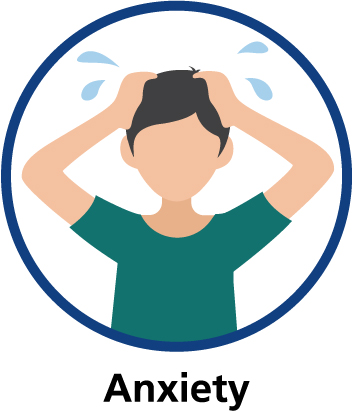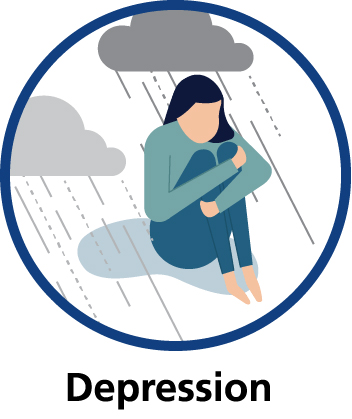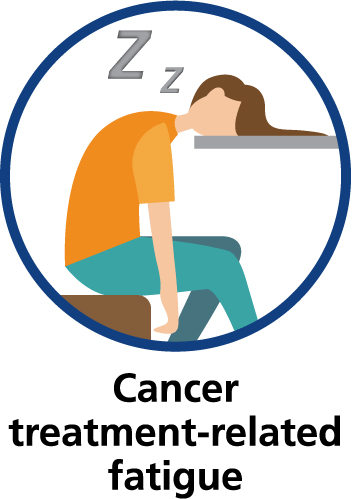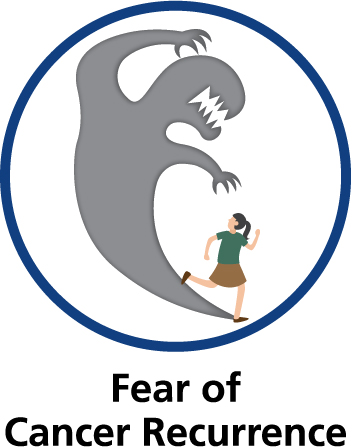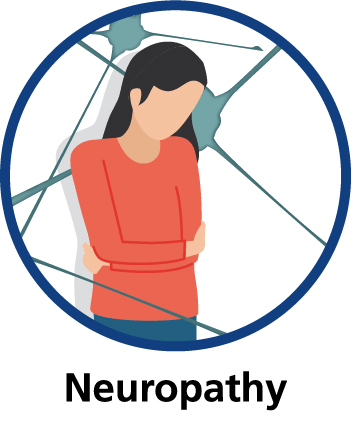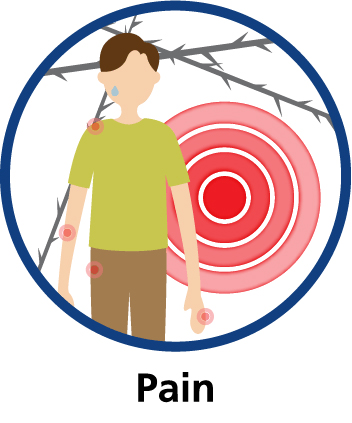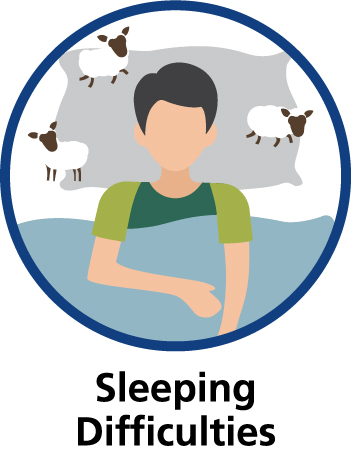Anxiety is a feeling of fear or anticipated harm accompanied by fearful thoughts about future events. Intrusive worrying thoughts interfere with daily activities and disrupt sleep. Memory, concentration and confidence are affected. In cancer, high uncertainty and many threats are present. It is natural to worry about these.
Management – Anxiety is unlikely to cause any direct physical harm. It is just the normal felling of fear, but it occurs at the wrong time and place. Remind yourself you can and will overcome this feeling. Learn to relax and stop intaking any foods that could cause anxiety. Exercise and reduce stress in life can also help.






